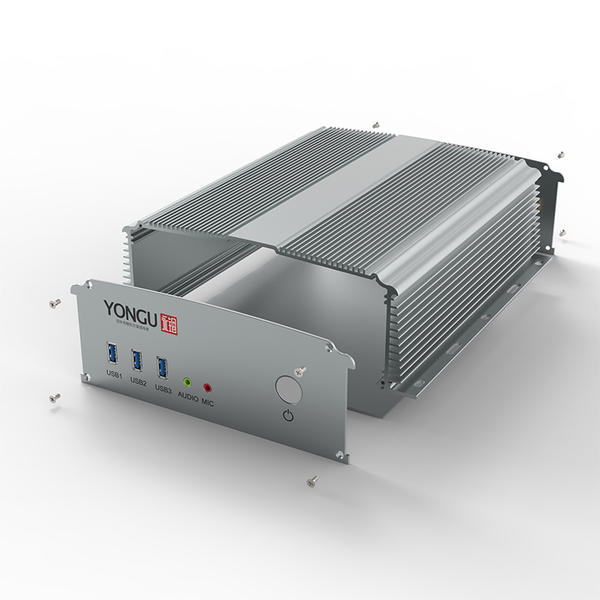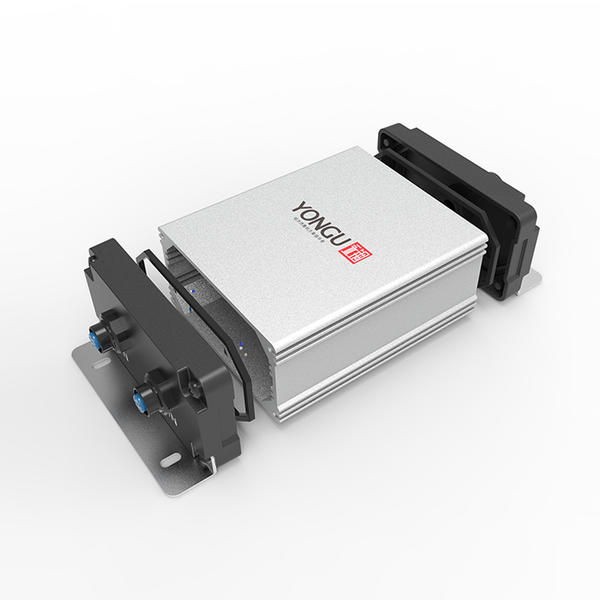AI positioning systems have become increasingly crucial in various industries, enabling precise and efficient object tracking, navigation, and automation. These sophisticated systems rely on advanced sensors, cameras, and computing hardware to deliver accurate results.
However, to ensure optimal performance and longevity, it is essential to house these components in well-designed custom enclosures. In this article, we will explore the key factors to consider when designing custom enclosures for AI positioning systems.
Understanding the Requirements of AI Positioning Systems
AI positioning systems often operate in diverse environments, each presenting unique challenges. From harsh industrial settings to outdoor installations, these systems must withstand a range of environmental factors such as temperature fluctuations, humidity, dust, and debris.
Additionally, AI positioning systems require specific protection against physical damage, moisture ingress, and electromagnetic interference. Understanding these requirements is crucial in designing custom enclosures that can safeguard delicate components and ensure reliable operation.
Designing for Optimal Performance
Material selection plays a vital role in the performance of custom enclosures for AI positioning systems. The choice of materials should take into account the specific environmental conditions and application requirements. For example, aluminum enclosures offer excellent heat dissipation properties, making them suitable for systems with high thermal output. In contrast, plastic enclosures provide lightweight and cost-effective solutions for less demanding environments.
Thermal management is another critical aspect of enclosure design, as AI positioning systems generate significant heat during operation. Incorporating heat sinks, fans, or other cooling mechanisms can help maintain optimal operating temperatures and prevent system failure. Furthermore, electromagnetic interference (EMI) shielding is essential to protect sensitive electronic components from external interference and ensure signal integrity.
Ensuring Reliability and Durability
AI positioning systems are often deployed in mission-critical applications where downtime can lead to significant losses. Therefore, custom enclosures must be designed with reliability and durability in mind. Rugged construction techniques, such as reinforced corners, sealed joints, and robust fastening methods, can enhance the enclosure's structural integrity and resistance to physical damage.
Ingress protection (IP) ratings indicate the level of protection against solid particles and liquids, with higher ratings signifying better protection. Selecting an appropriate IP rating based on the intended operating environment is crucial to prevent damage from dust, water, or other contaminants.
Moreover, vibration and shock resistance are important considerations, especially for AI positioning systems used in mobile or high-vibration environments. Incorporating vibration-dampening materials or shock-absorbing mounts can help mitigate the impact of external forces on the system.
Customization Options for Specific Applications
One of the key advantages of custom enclosures is the ability to tailor them to specific application requirements. Enclosure dimensions and form factors can be optimized to fit the available space and ensure seamless integration with existing equipment. This is particularly important for AI positioning systems that need to be mounted on vehicles, robots, or other machinery.
Aesthetic considerations, such as color, texture, and branding elements, can also be incorporated into the enclosure design to align with corporate identity or improve visual appeal. Furthermore, custom enclosures can be designed to accommodate additional features or components, such as connectors, switches, or displays, enhancing the functionality and user experience of the AI positioning system.
Choosing the Right Manufacturing Partner
Designing and manufacturing custom enclosures for AI positioning systems requires specialized expertise and resources. Choosing the right manufacturing partner is crucial to ensure the success of your project. Look for a manufacturer with extensive experience in custom enclosure design and fabrication, particularly in the field of AI and robotics. They should have a proven track record of delivering high-quality enclosures that meet stringent performance and reliability standards.
Additionally, consider their quality control processes and testing procedures to ensure consistent and reliable results. As AI positioning systems often require scalability, it is important to partner with a manufacturer that can accommodate your production needs and meet delivery deadlines.
Conclusion
Designing custom enclosures for AI positioning systems involves careful consideration of various factors, including environmental protection, performance optimization, reliability, and customization options. With well-designed custom enclosures, you can ensure that your AI positioning system operates at its best, delivering accurate and reliable results in even the most challenging environments.





